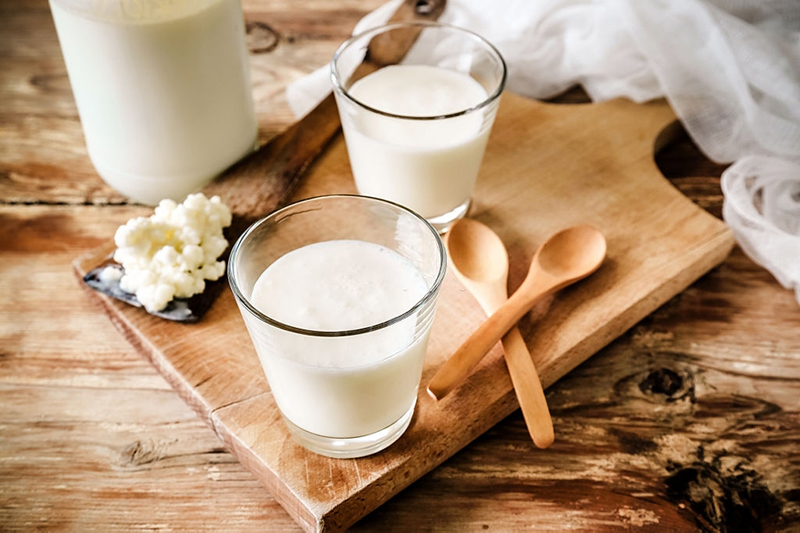Fermented foods and dietary supplements are two strategies to increase the amount of beneficial bacteria in your stomach. The most natural source is fermented foods. Probiotic supplements, which are commonly marketed over the counter, should only be used to treat specific conditions as prescribed by your doctor, and are not indicated for daily usage. Furthermore, supplements are not regulated by the FDA in the same way that pharmaceuticals are. probioticseverything.com probiotic natural
So there’s still one big question: how many probiotic meals do you need? That is a difficult question to answer. probioticseverything.com probiotic natural
Because there is no suggested daily consumption for probiotics, it’s impossible to know which fermented foods to eat or in what quantities. As a result, the general rule is to include as many fermented foods as possible in your regular diet. probioticseverything.com probiotic natural
What are the benefits of fermented foods? Fermentation is one of the oldest methods for preserving food. For generations, humans have fermented foods and beverages such as beer and wine. Lactofermentation is a fermentation process in which natural bacteria feed on the sugar and starch in the food to produce lactic acid. This method produces an environment that protects the food while also encouraging the growth of useful enzymes, B vitamins, omega-3 fatty acids, and numerous types of helpful bacteria. probioticseverything.com probiotic natural
Fermentation can also be thought of as the transformation of one sort of food into another. Cabbage becomes sauerkraut, cucumbers become pickles, soybeans become miso, and milk becomes yogurt, cheeses, and sour cream, for example. probioticseverything.com probiotic natural
Probiotics aren’t found in all fermented meals. Some foods, such as beer and wine, go through processes that eliminate or render probiotics inactive, such as baking and canning. Most fermented foods, on the other hand, are also probiotic foods. probioticseverything.com probiotic natural
If there is a drawback to fermented foods, it is that their flavor and odor can be rather strong, which may be offensive to some individuals. The varied types of bacteria utilized in fermented foods contribute to their distinct flavors and textures. probioticseverything.com probiotic natural
On the plus side, there are many different varieties of fermented foods to pick from, so there’s a high chance you’ll discover something you like. probioticseverything.com probiotic natural
Yogurt, kefir, kombucha, sauerkraut, pickles, miso, tempeh, kimchi, sourdough bread, and some cheeses are some of the most common fermented foods that naturally contain probiotics or have probiotics added to them. probioticseverything.com
Yogurt is the most valuable probiotic food because of its flavor and texture, which is generally pleasing to Western palates. Depending on the yogurt brand, the number and type of bacteria species can vary. Yogurt products can contain anything from 90 billion to 500 billion CFU per serving of probiotic bacteria. (Colony-forming units, or CFUs, refer to the number of bacteria that may split and form colonies.) On the label, look for the phrase “living and dynamic cultures.”
Yogurt is simple to incorporate into your diet. You may use yogurt instead of mayonnaise in egg salad, potato salad, and practically any baking recipe, in addition to having it for breakfast or a lunchtime snack. Sauces, salad dressings, and marinades can all be made using yogurt.

